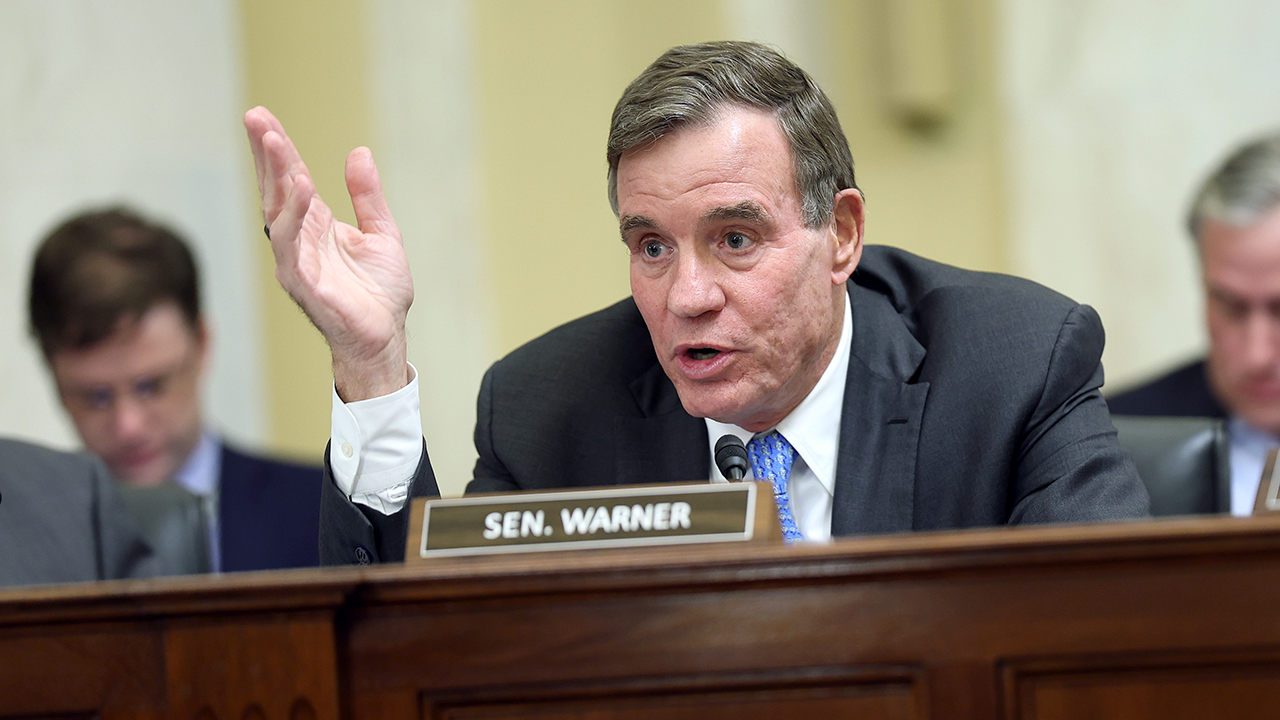124 Dems oppose historically bipartisan defense bill over restrictions on transgender treatments for minors

The House of Representatives passed its annual defense bill on Wednesday, with a vote of 281-140. This legislation, known as the National Defense Authorization Act (NDAA), outlines how $895.2 billion will be allocated towards defense and national security. The bill includes a 1% increase in the budget compared to the previous year, which some defense hawks feel is not sufficient.
One of the main highlights of the bill is a significant pay raise for junior enlisted troops, amounting to a 14.5% increase. This pay raise aims to address record recruitment issues within the military. Additionally, the bill focuses on improving the quality of life for service members by increasing access to child care and providing job support for military spouses.
The NDAA also includes a 4.5% across-the-board pay raise for all service members, effective January 1st. While the bill typically enjoys bipartisan support, this year’s focus on eliminating Diversity, Equity, and Inclusion (DEI) programs at the Pentagon has caused division among lawmakers. Some Democrats have raised concerns about a provision in the bill that restricts coverage of transgender treatments for minors.
The bill also addresses other important issues, such as deploying the National Guard to the southern border to assist with illegal immigrant apprehensions and drug flow. It also includes a provision that could potentially allow airmen and Space Force personnel to grow facial hair, pending further investigation.
Despite its many provisions, the NDAA does not include certain amendments that some lawmakers were advocating for. For example, there is no provision expanding access to in vitro fertilization (IVF) for service members, and the bill does not walk back a provision allowing for the reimbursement of out-of-state abortions.
Overall, the NDAA represents a comprehensive approach to national defense and security. While it still needs to pass through the Senate before reaching President Joe Biden’s desk for signature, the bill sets the stage for important policy decisions within the Department of Defense.




